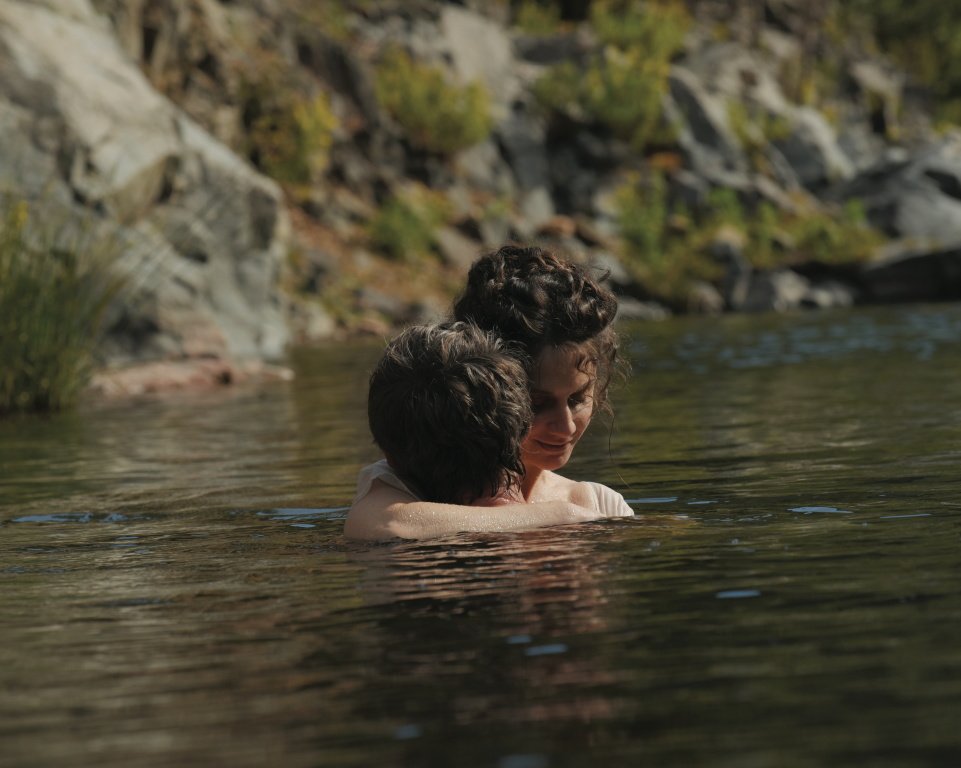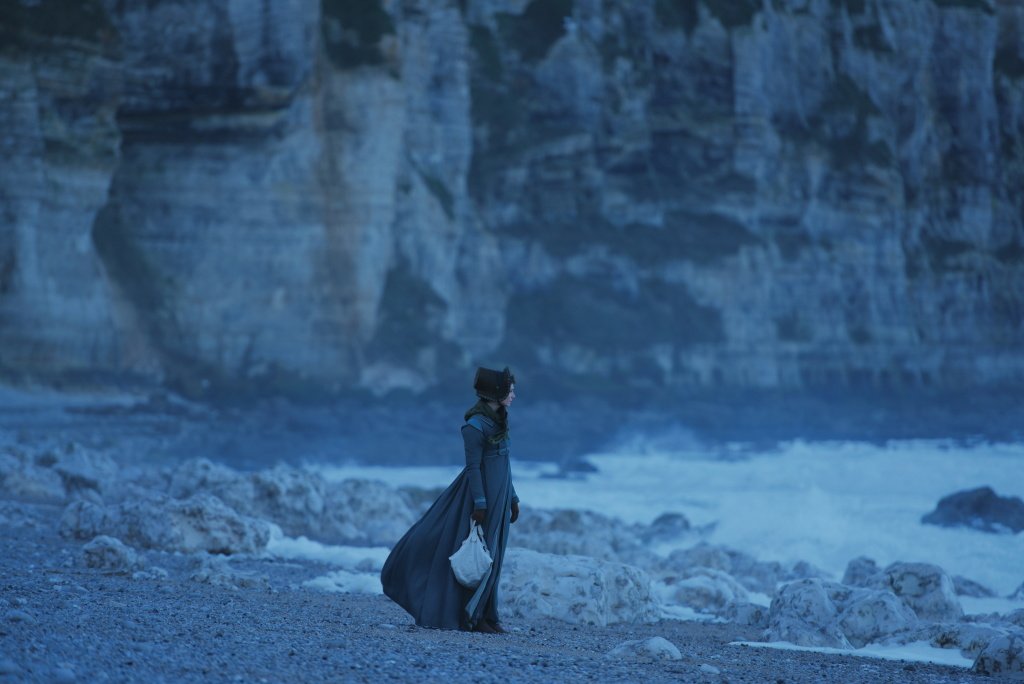Stéphane Brizé versus Passive Existence in Une Vie (A Woman's Life)
Une Vie (A Woman's Life), Stéphane Brizé (2016)
Whether it be the collective response to social injustice in En Guerre (At War) or the absurdity of mundane duty in Je Ne Suis Pas Là Pour Être Aimé (Not Here To Be Loved), Stéphane Brizé is a filmmaker fundamentally preoccupied with the human condition. His works generally contemplate the meaning of existence in the modern day, yet the exploration of individual will in an antagonistic world is equally pertinent within the historically set Une Vie (A Woman's Life).
The life in question throughout Une Vie is that of Jeanne, the guileless daughter of a nineteenth century aristocrat. Upon completing her studies in a convent, she returns to her serene family home in Normandy to begin life as an eligible debutante. Yet despite the naïve enthusiasm with which Jeanne enters maturity, her marriage to a manipulative young viscount Julien swiftly begins to deplete her sanguine understanding of the world. The subsequent narrative follows a series of betrayals and personal losses as Jeanne's life deteriorates into a seemingly endless route of despondency.
While familiar formal techniques such as long-takes and shallow focus photography are present in Une Vie's opening sequences, the optimistic palette of light and color used to evoke Jeanne's tranquil home life are a striking anomaly in Brizé's filmography. These shots defy the perpetually dull cinematography that discloses an inherently cynical perspective in previous works, such as La Loi du Marché (The Measure of a Man). Brizé's depiction of Jeanne's childhood chateau, on the other hand, epitomizes the somewhat misguided optimism with which she enters the adult world—that is, until her rape by Julien drastically alters the mood of the diegesis. Perhaps ironically, the preliminary hope of Une Vie's inaugural scenes permit Brizé's most nihilistic portrayal of the world to date. Even as this airy palette is repeated at subsequent moments in the film, one feels that the same brightness is never again realized. The world once known by Jeanne is permanently tainted. With each moment of heartbreak that she faces, Brizé tandemly dims Jeanne's surroundings to harrowingly signify the unravelling of her misguided credulity. It is thus not long before the film becomes plagued with a melancholic hostility often found in Brizé's films.
Une Vie (A Woman's Life), Stéphane Brizé (2016)
However, it is the unambiguous antagonism within his films, especially Une Vie, that qualifies Brizé as a philosophically complex filmmaker. For though the worlds onscreen may be bleak and occasionally punitive, they are not totally devoid of happiness. Rather, Brizé ostensibly holds a belief that the responsibility of contentment lies with the individual. The patriarchal biases within nineteenth century France, that repress young women such as Jeanne, render such a notion undeniably contestable; what results is the most exacting environment within Brizé's filmography. It is difficult to consider how Jeanne has personal agency. And yet other female characters in Une Vie—particularly Rosalie and Gilberte—enable a more nuanced interpretation of Brizé's worldview. Although each contributes to Jeanne's downfall by engaging in affairs with her husband, both are ultimately depicted in states of greater personal contentment. Furthermore, they do so by transgressing the institutions such as Christianity and social propriety which continually repress Jeanne. Although it would be myopic to claim that Brizé condones such disregard for one's peers, it is also evident in Une Vie that those who transgress the dictation of such systems gain more joy from life than those who refuse. That is because, from Brizé's perspective, the failure to confront life's hypocrisies and injustices is to passively accept them.
Such a concept is solidified in many sequences throughout Une Vie, wherein the audio of a conversation begins to play over footage of Jeanne's participation in an unrelated action, like gardening. Temporal discontinuity between the audial and the visual generates ambiguity—it is unclear whether the spectator is experiencing the exact dialogue, or merely Jeanne's recollection of it as she engages in a future action. The mundanity of Brizé's long-takes in these moments come to represent painfully unseized opportunities in which Jeanne abstains from challenging those who cause her sorrow. Here, Brizé's criticism of humanity continues the trajectory of La Loi du Marché, wherein Thierry simultaneously acknowledges and assists in the supermarket owner's unethical surveillance of his employees in order to keep his job. If these disjointed sequences in Une Vie convey the dreamlike discontinuity within Jeanne's psyche, then she is also a somnambulist within her own life. Jeanne can be seen as existentially accepting her despondency just as Thierry permits injustice by abdicating responsibility.
Une Vie (A Woman's Life), Stéphane Brizé (2016)



